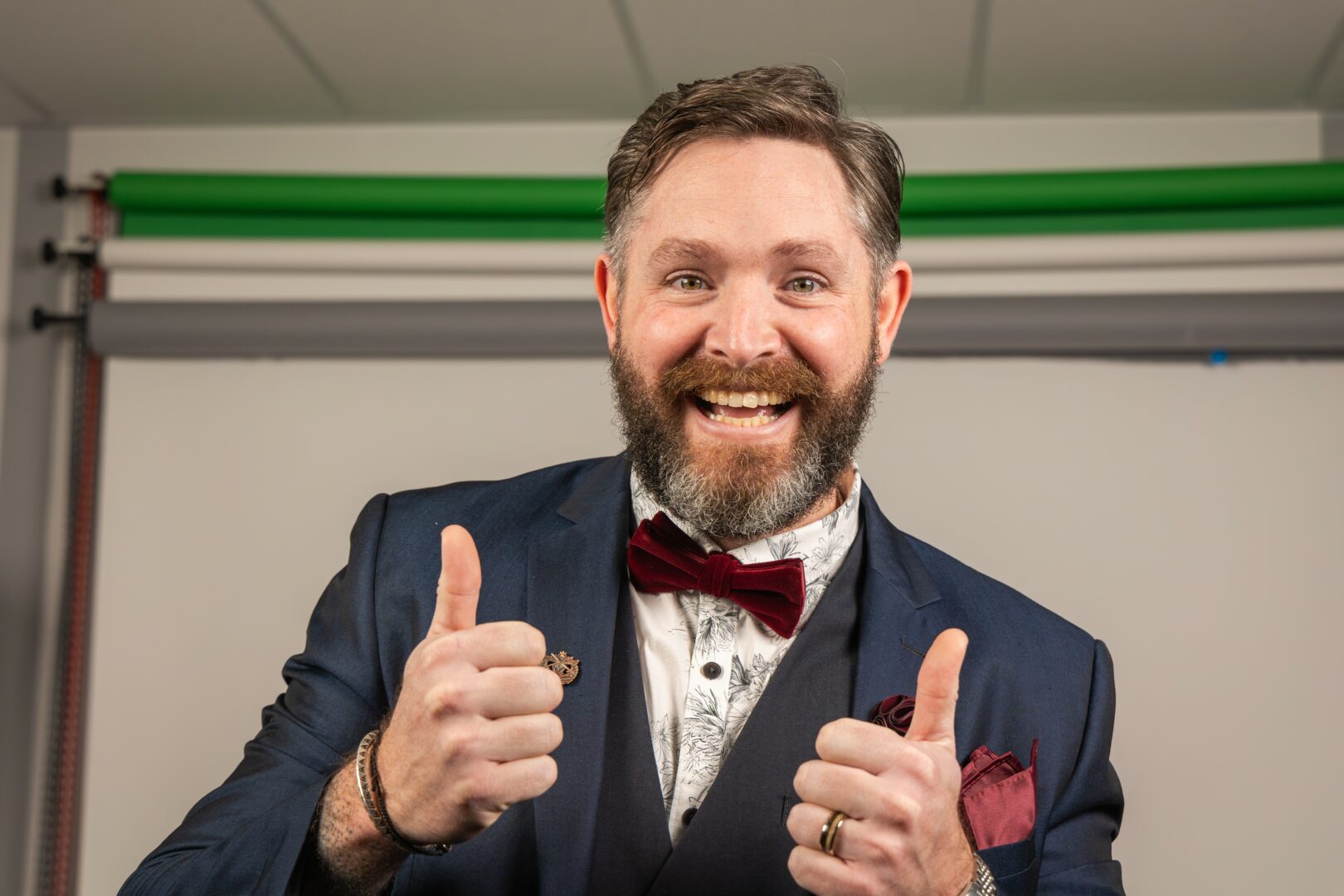Alright – so today we’ve got the honor of introducing you to Jake McGaffin. We think you’ll enjoy our conversation, we’ve shared it below.
Jake, thank you so much for joining us and offering your lessons and wisdom for our readers. One of the things we most admire about you is your generosity and so we’d love if you could talk to us about where you think your generosity comes from.
I grew up poor on dairy farms in small-town Australia—the kind of poor where generosity never meant money. It meant sharing your time, your strength, your last bit of something because someone else needed it more. I was the youngest of three, raised in hundred-year-old farmhouses without modern conveniences. Life was hard: droughts, fires, livestock loss, and illness were just part of the rhythm. But through it all, I saw what true community meant.
Our neighbors helped one another without being asked. They showed up on drenching day, mended fences when your livestock escaped, and gave you a ride if you missed the school bus. It was generosity in motion, embedded in the culture of rural life.
My parents were my earliest models of this kind of giving. My father worked himself to the bone, and my mother—up before dawn to bring in the cows, then back to make us breakfast and pack school lunches—still found time to drive us across the countryside for sports, help with homework, and care for injured animals we brought home. They often went without so we could have more. That was normal. That was love.
Even as I moved into military service, I carried those lessons with me. During my 11-year career, I led people differently. I treated them as people, not numbers. I got to know their families, listened to their worries, mentored anyone who asked. The military prioritizes the mission, and I learned that caring for people was the fastest way to get results—not through control, but through connection.
Generosity for me is about presence. It’s about listening, sharing openly—even the hard stuff—and giving without expectation. It’s about mentoring without strings, showing up when others won’t, and challenging social norms when they conflict with my values. Whether I was volunteering with the YMCA in remote parts of northern Australia or helping local kids here in the U.S., my compass has always been integrity: doing the right thing even when no one is watching.
Of course, I’ve been burned. I’ve had people take my ideas, abuse my hospitality, even steal from me. But that hasn’t stopped me. It’s just made me a little more guarded, a little more thoughtful in my boundaries. My wife keeps me grounded—otherwise, I’d float off into the clouds.
These days, my generosity shows up in small daily habits: picking up trash instead of walking past it, asking how someone’s really doing, making my wife coffee every morning. It shows up in bigger ways too—through my initiative “Workshop Wednesdays,” a kind of open-source, community-powered incubator where people can share ideas, explore concepts, and find support.
I believe in ripple effects. You help ten people, they help ten more, and soon, the whole tide starts to shift. That’s the real power of generosity. It doesn’t need headlines. It just needs consistency.
In a world that’s constantly in flux, I try to be a stable force. A pillar. A sounding board. A person who sees others not as resources or problems to solve—but as human beings worthy of care, time, and belief.
Because at the end of the day, sharing myself with others refills my own cup. And if that’s not a reason to keep giving, I don’t know what is.
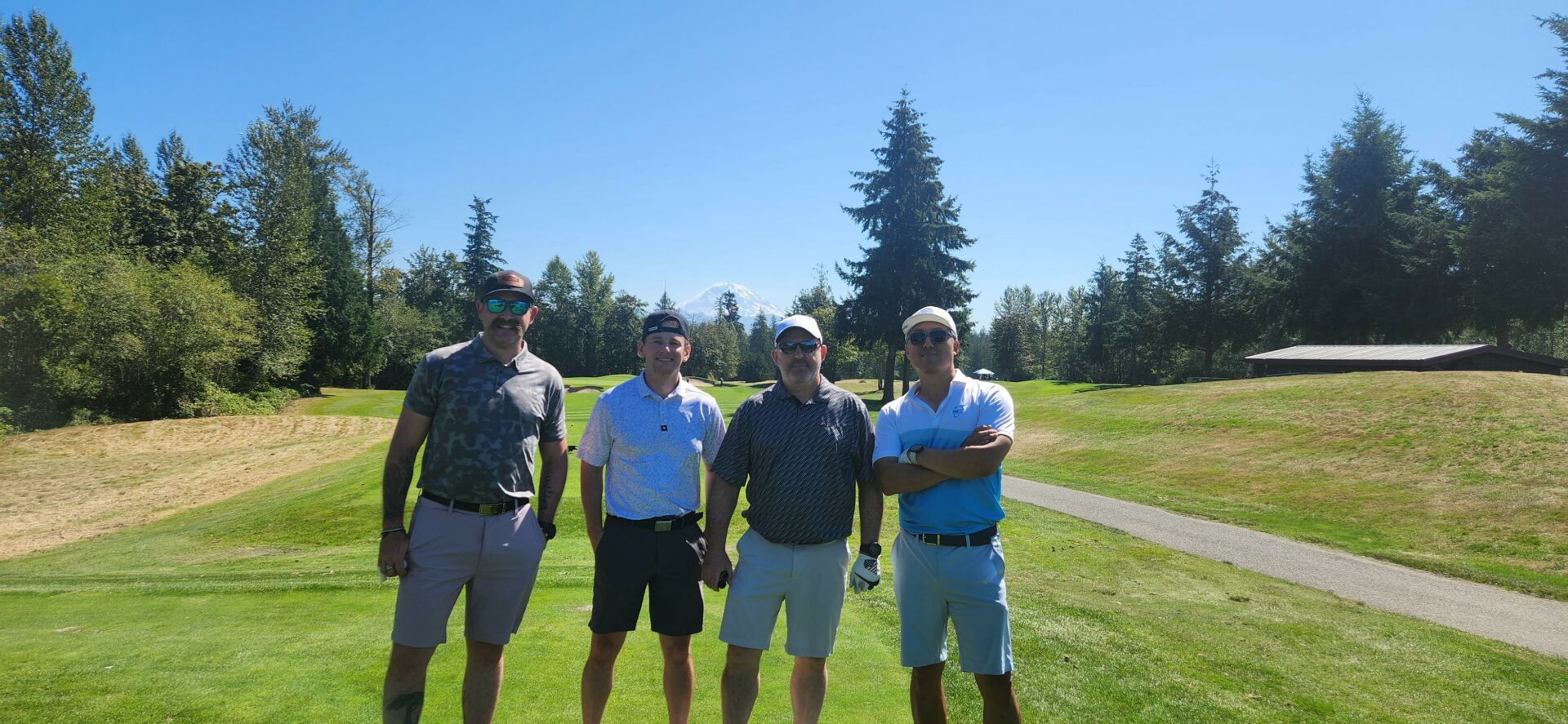
Thanks for sharing that. So, before we get any further into our conversation, can you tell our readers a bit about yourself and what you’re working on?
Professionally, I wear a few hats—I’m an IT Department Manager and Project Manager, leading diverse technical teams across multiple states. I support two companies in California and Washington, overseeing developers, support technicians, database admins, and project managers. My daily work is centered around building systems that actually work for people—whether that’s improving infrastructure, leading large-scale migrations, or designing new digital experiences that make people’s lives easier.
But at the heart of it all? I’m a servant leader who believes that people, process, and technology must work in harmony for any organization to succeed. Technology isn’t just code or servers—it’s a tool that should empower individuals, simplify challenges, and open up new possibilities. I get most excited when I can bring people together around a shared vision and help them see how their role contributes to something bigger.
One of the most exciting things I’m doing outside the traditional workplace is leading an initiative called Workshop Wednesdays. It started as a small idea—a space to explore, mentor, and collaborate—but it’s grown into something bigger: a grassroots think tank and proof-of-concept incubator open to anyone, anywhere. It’s where we test ideas, build community, and encourage lifelong learning. There’s no barrier to entry—just curiosity and the desire to grow.
We explore everything from leadership development and personal goal-setting to coding projects and business ideation. It’s not about perfection—it’s about progress. The ripple effect from just a handful of committed individuals has been inspiring. If you give people a place to experiment and be seen, amazing things happen.
I’m also focused on helping others develop leadership skills that are grounded in empathy, transparency, and accountability. Whether I’m mentoring someone in IT, leading a book club on Radical Candor, or helping a youth program through the YMCA, my approach remains the same: be real, be kind, be consistent. I believe strongly in the power of everyday generosity and the idea that small actions—done consistently—can create huge waves of impact.
Right now, I’m most focused on creating environments where people can thrive—whether that’s in the workplace, in their communities, or within themselves. I believe technology should be a bridge, not a barrier, and leadership should be an act of service, not control.
In my professional world, that means building systems that are intuitive and scalable, mentoring emerging leaders, and ensuring that every solution we implement is grounded in human need. I spend a lot of time translating complex technical ideas into plain language so everyone—from the warehouse floor to the executive boardroom—can engage and contribute meaningfully. That kind of inclusion builds momentum and trust, and ultimately leads to better outcomes.
My “brand,” if I had to name it, is Giving Good Solutions—an ethos that underpins everything I do. It’s about generosity, yes, but also about giving thoughtful, scalable, sustainable answers to real-world problems. It’s about people-first innovation.
If there’s one thing I want people to know, it’s this:
You don’t need to be famous to make a difference. You just need to show up, give what you can, and keep doing the work.
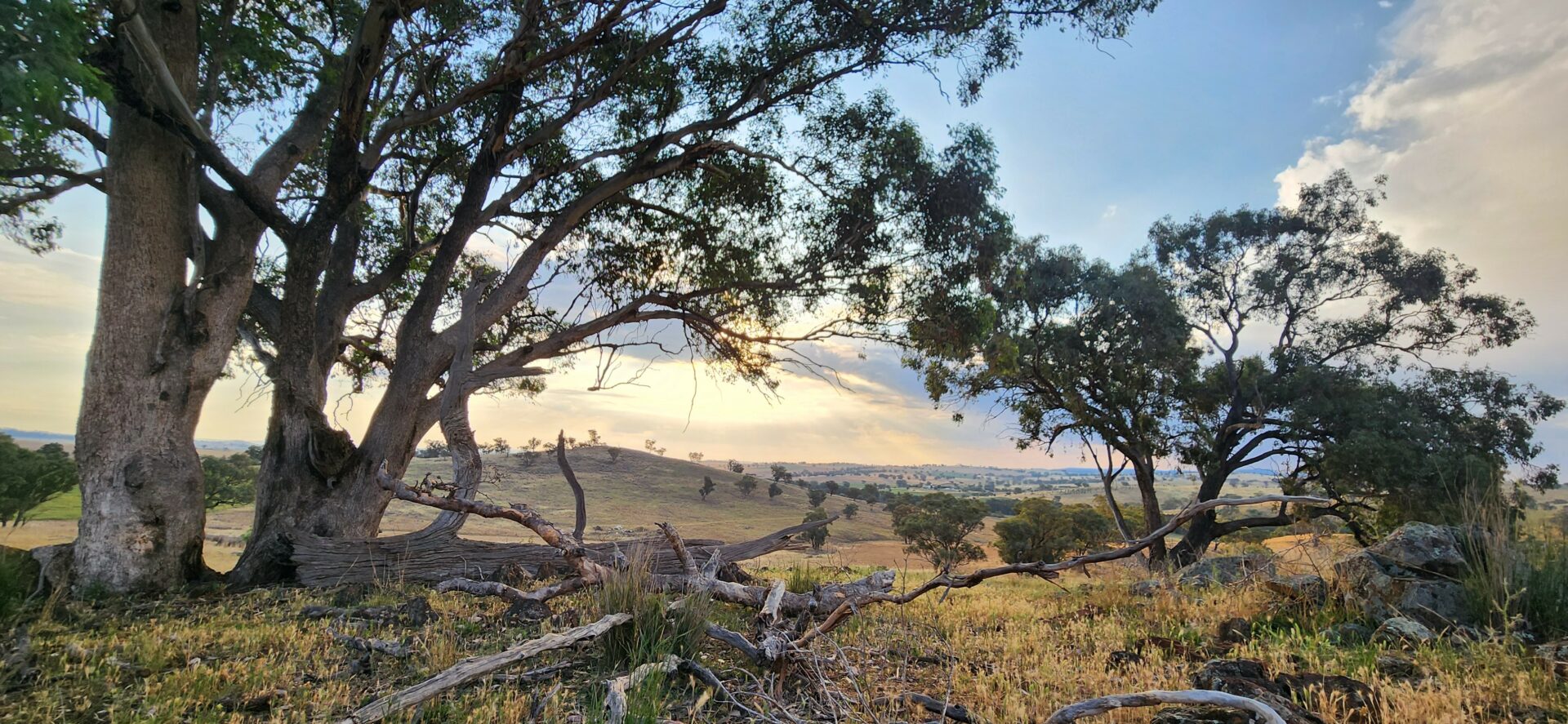
If you had to pick three qualities that are most important to develop, which three would you say matter most?
1. Empathy – Leading with People in Mind
Empathy has been one of the most important guiding forces in my journey. Empathy isn’t soft—it’s strategic. It builds trust, drives engagement, and allows people to perform at their best. But it only works when paired with integrity: when people know that your care is genuine, not performative.
For those early in their journey, I recommend focusing on active listening and being present in every conversation. Understand others before expecting to be understood. Get curious about what makes people tick. You’ll be amazed how much stronger your relationships and your influence become when you start with compassion.
2. Integrity – The Anchor That Grounds Everything
I’ve lived by the idea that integrity means doing the right thing even when no one is watching. It’s being honest when it’s hard, holding your values when they’re challenged, and standing up even when it’s uncomfortable.
For those starting their careers, my advice is this: don’t measure your actions by what’s popular—measure them by what’s right. Build trust with yourself first. When your decisions are aligned with your values, your confidence and clarity will follow.
3. Curiosity – A Relentless Drive to Learn and Grow
I’m the type who never stops learning— about people, systems, industries, leadership, and even myself. Books, conversations, experiences, any and all of it. It’s not about having all the answers; it’s about being willing to ask better questions.
If you’re just starting out, make curiosity a habit. Read widely. Say yes to opportunities that scare you a little. Ask questions—even if you think they’re silly. The world is evolving fast, and the people who stay curious will be the ones who shape what comes next.
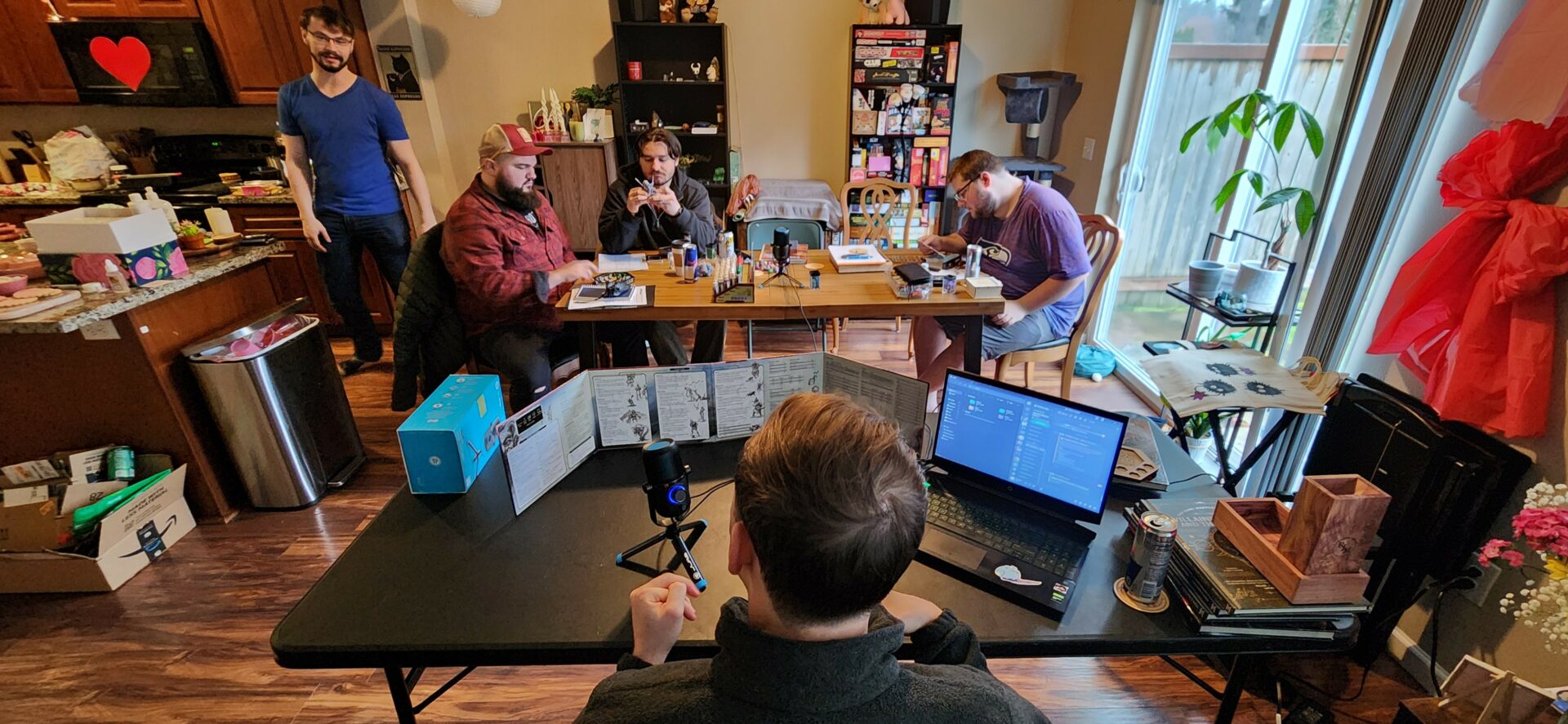
What would you advise – going all in on your strengths or investing on areas where you aren’t as strong to be more well-rounded?
In my experience, the best growth happens when we intentionally invest in both—leading with our strengths while working on areas of improvement in ways that are strategic, sustainable, and human. It’s not about fixing ourselves—it’s about evolving in alignment with who we are.
I’ve gone through Dale Carnegie training that emphasized a powerful approach: identify your top 3 strengths and your top 3 areas for improvement—not weaknesses, but opportunities. Once you know both, you can find complementary skills that allow you to use your strengths while working on your gaps. That framework changed the way I lead and develop myself.
Rather than feeling like I had to “fix” parts of who I am, it gave me permission to lead with my strengths—things like strategic thinking, mentorship, and connecting the dots between systems and people—while identifying areas like delegation, documentation, or focus that I could improve over time through complementary habits and tools.
Then something clicked even deeper when one of my team members, Spencer, introduced me to the 1% Rule—an idea that originally came from a post on Reddit. The core of it was simple and brilliant:
“To achieve long-term goals, focus on consistent, small improvements. Aim for a 1% improvement each day instead of chasing drastic, unsustainable change.”
I loved it instantly. It resonated not just with my personal values, but with my background in agile project management and lean six sigma. In those methodologies, we talk about removing waste, making rapid iterations, and continuously improving. But Spencer helped me see how this could also be personal—not just professional.
His version of the 1% Rule was deeply human:
Can’t read for an hour? Just read a page.
Can’t do a full workout? Do 100 pushups.
Can’t do 100? Do 1.
Just show up.
That idea stuck with me—not as a piece of advice, but as a personal philosophy.
It gave language to what I’d already come to believe through my own journey: that growth isn’t loud or dramatic—it’s quiet, consistent, and often invisible to everyone but you. It’s not about becoming someone else, but becoming more of who you already are.
And honestly, one of the best things you can do as a leader is to model that mindset—to make growth feel achievable, not overwhelming.
Contact Info:
- Website: https://www.givinggoodsolutions.com
- Linkedin: https://www.linkedin.com/in/jake-mcgaffin-mba-mem-csm-795318154/
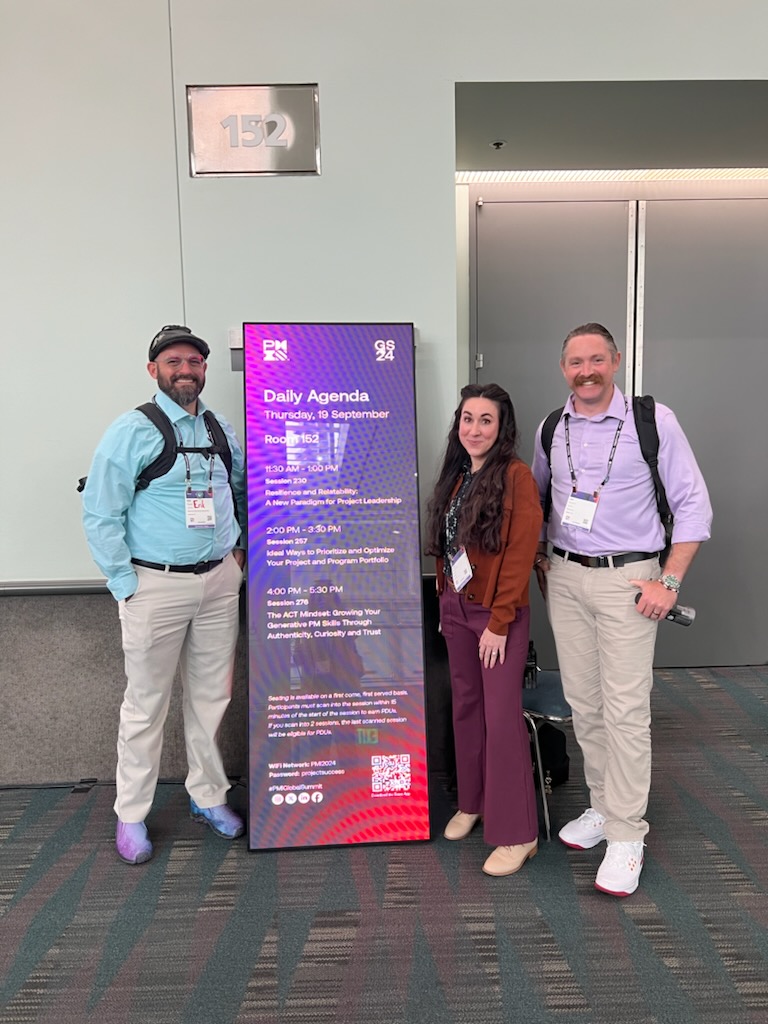
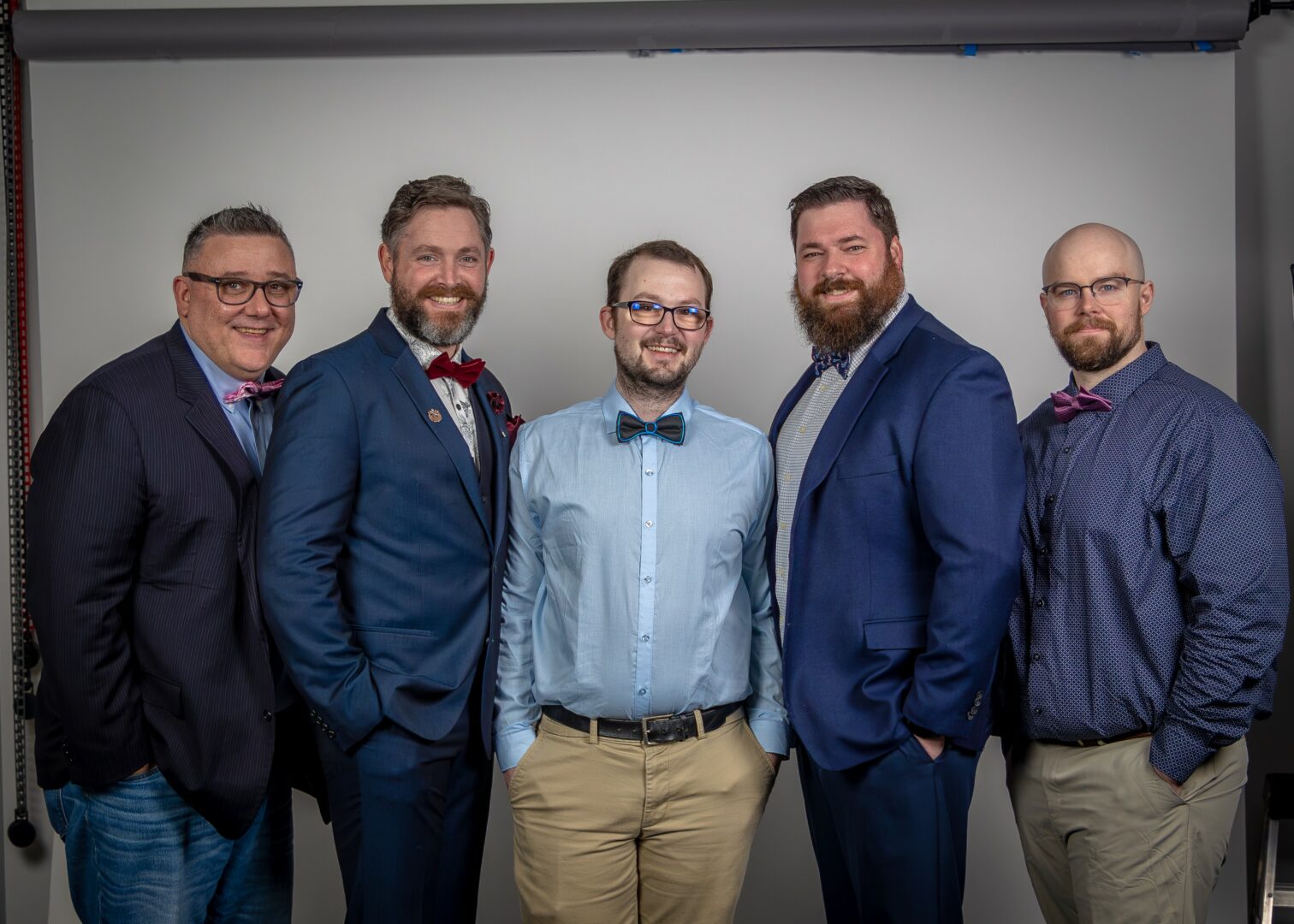
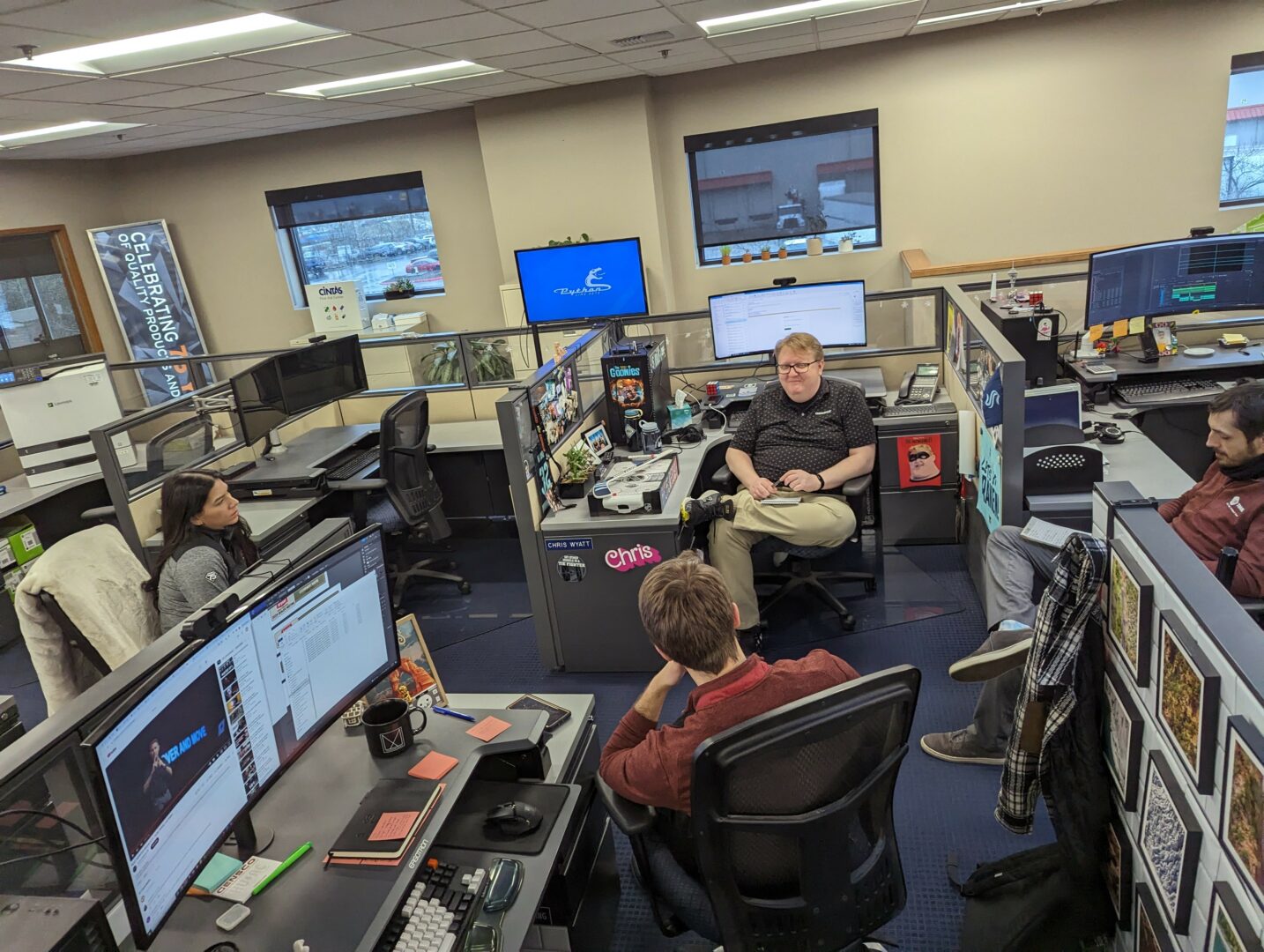
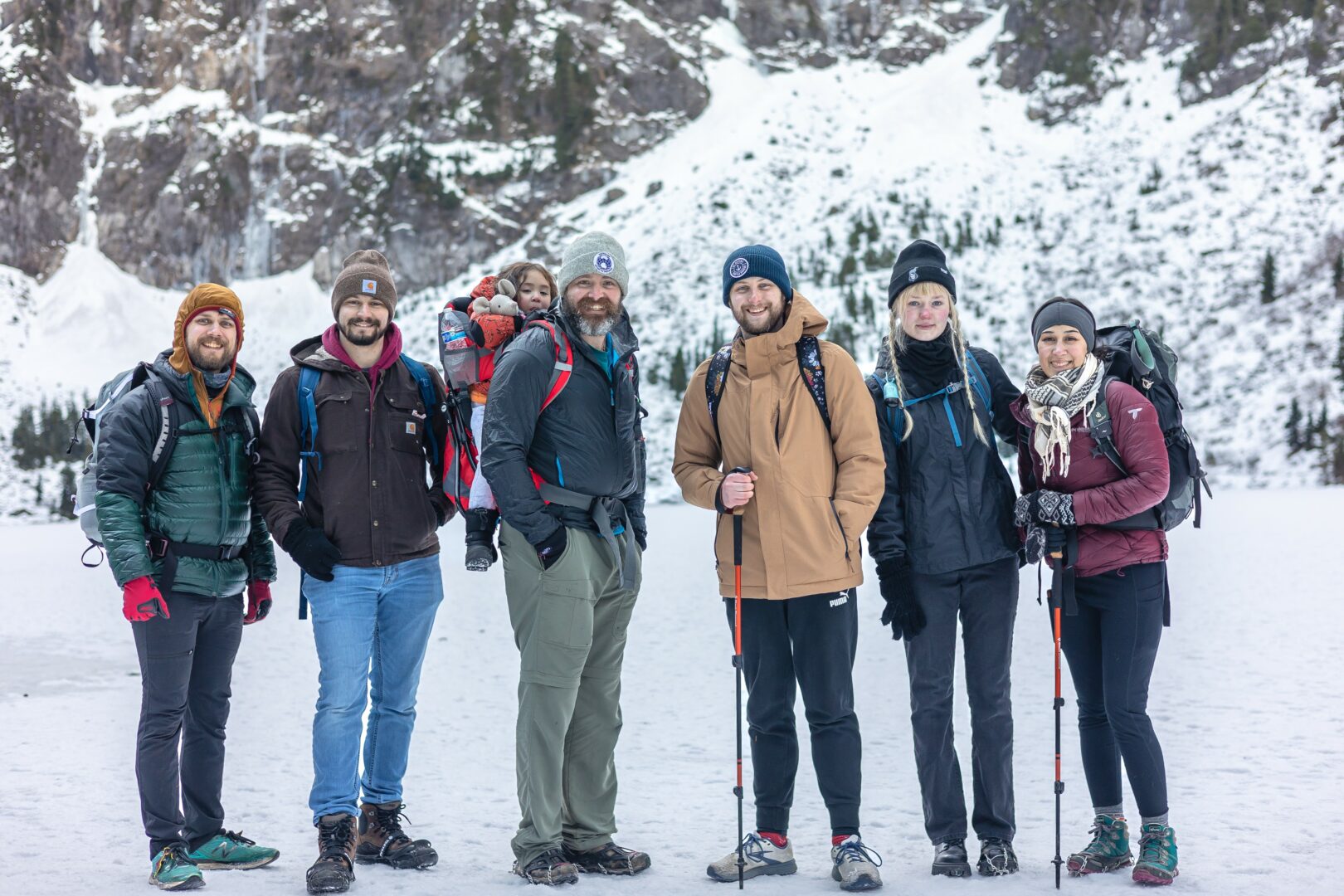
so if you or someone you know deserves recognition please let us know here.

